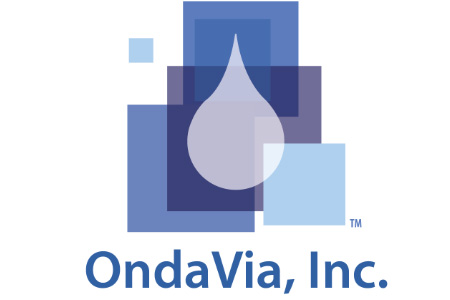Cue Energy starts production at Maari MR7A well
Published by David Bizley,
Senior Editor
Oilfield Technology,
Cue Energy is pleased to announce that production from the Maari MR7A development well has been brought on stream, with a provisional initial production rate between 1500 - 2000 bpd. The optimal production rate will be determined after several weeks of production history, taking into account reservoir management considerations. The Maari field aggregate daily production is now approximately 15 000 bpd.
MR7A production commenced on 18 May 2015 from the Moki Formation reservoir unit in the Maari Field. The well was drilled horizontally from the Maari Well Head Platform to a total depth of 4220 m, of which approximately 920 m was completed in very high net-to-gross, good quality reservoir section as indicated by well log data. Based on currently available information the well is anticipated to meet or exceed pre-drill expectations and materially contribute to field production.
The Maari Growth Project offshore Taranaki in New Zealand is being conducted to increase reserves, production, and recovery from the Maari field. Significant undeveloped reserves remain at Maari and Manaia and the additional development will enable extraction of these reserves. The Ensco 107 rig is now drilling the MR10 well, planned initially as an additional infill producer but later to be converted into a flank water injector, to support continued production from the Moki Formation.
Participants in the PMP 38160 joint venture are:
- Cue Taranaki Pty Ltd - 5%
- Horizon Oil International Ltd (a subsidiary of Horizon Oil Ltd) - 10%
- Todd Maari Ltd - 16%
- OMV New Zealand Ltd (operator) - 69%
Adapted from a press release by David Bizley
Read the article online at: https://www.oilfieldtechnology.com/drilling-and-production/28052015/cue-energy-starts-production-at-maari-mr7a-well/
You might also like
Closing the Loop on Sulphide Scavenger Management: A Complete Analysis Toolkit for MEA, MMA, and MIPA/MBO Chemistries
In the oil and gas sector, the management of hydrogen sulphide (H2S) is a perpetual balancing act. For years, MEA-triazine has been the industry workhorse – efficient, cost-effective, and generally well-understood. However, as operators push for greater efficiency and contend with varying production environments, the chemical landscape has shifted. The reliance on standard MEA-triazine has evolved into a more complex mix of chemistries, including methylamine (MMA-triazine) and monoisopropanolamine (MBO) formulations.

